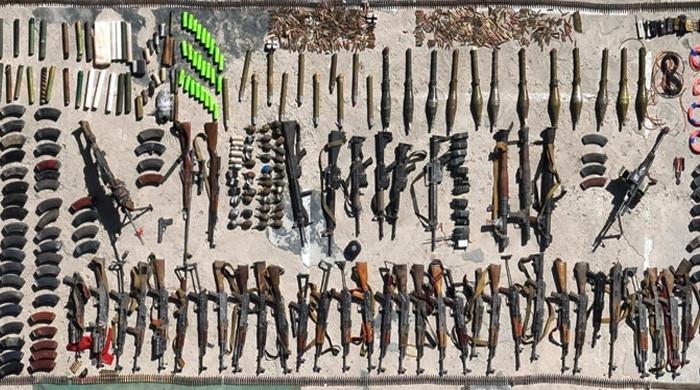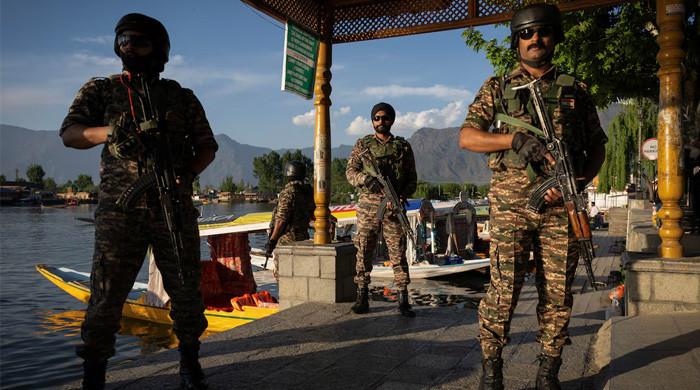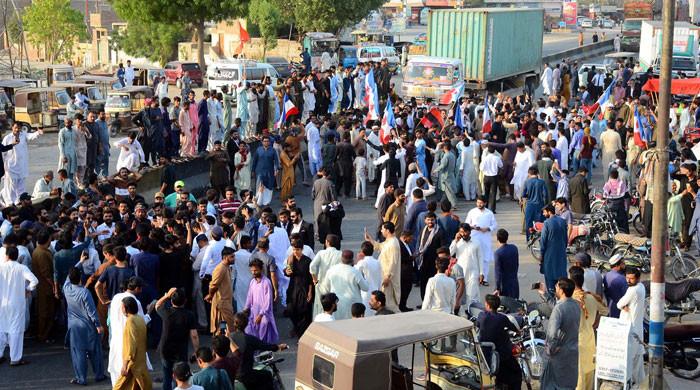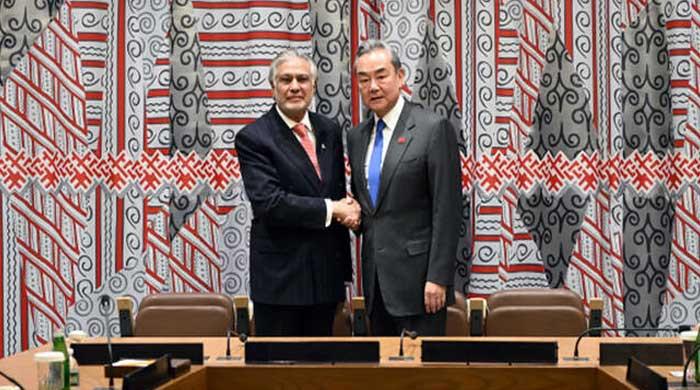For Lahore, are electric trams in the pipeline?
Lahore, Pakistan’s second largest city, has a population of 11 million, but only 300 public buses and 500 mini-vans
January 04, 2020
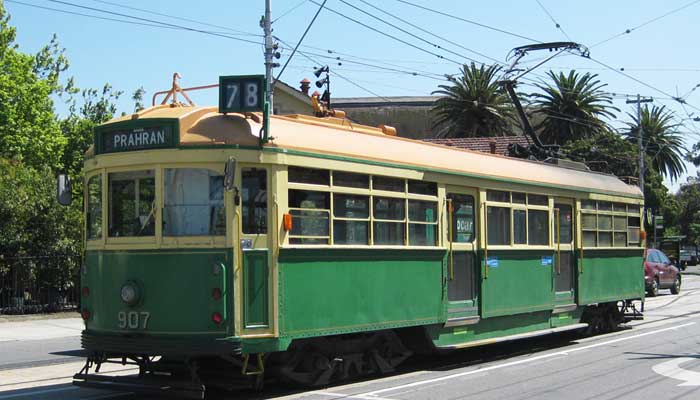
Trams could soon be plying the streets of Lahore, as the Pakistan Tehreek-e-Insaf (PTI) government attempts to solve the city’s transport woes, say government officials.
“If you only build roads, you subsidise the rich,” Asad Gilani, the secretary transport Punjab, tells Geo.tv. “But if you build public transport, you subsidise the poor, that is what the new government plans to do.”
Lahore, Pakistan’s second largest metropolitan city, has a population of 11 million, but only 300 public buses and 500 mini-vans, as per the Lahore Transport Company (LTC), which regulates transportation in the city. “The city needs at least 1,500 public buses to meet its need,” said Shehryar Hassan, a senior official at the LTC.
But, as of November, there are only 45 state-owned buses are on the roads, as the contract for the remaining has expired. The LTC is currently in the process of procuring a new fleet. Until then, passengers will have to rely on private bus operators to commute, which can be expensive, as fares fluctuate, and risky, especially for women.
The Pakistan Muslim League-Nawaz (PML-N), the political party previously ruling the Punjab province, rolled out a large number of car-based infrastructure projects - highways and underpasses – as well as introduced a rapid transit service, known as the Metro bus, to meet the city’s transport needs. However, the 60 buses only cater to less than 0.02 per cent of the population.
Separately, during its tenure in 2015, the PML-N began work on Pakistan’s first metro train in Lahore, which was expected to transport 250,000 passengers per day. However, five years since, the train has yet to be operational. A senior official admits, on the condition of anonymity, that there is no clear deadline for when the train will be up and running.
“Over 1.4 million trips are generated in the city daily, of which 80 per cent are through the use of private vehicles, mostly motorcycles. By introducing trams, the number of motorcycles and cars will reduce on the roads,” adds Gilani.
There is an increasing demand in the city for public transport that is fast, reliable and cheap. Electricity or battery-powered trams will offer riders just that, insist officials.
“The life cycle of a bus, even a large one, is seven years,” explains Gilani, “after which it needs to be taken off the road. Trams, on the other hand, can run up to 30 years.” There would also be no need to lay down separate tracks for these streetcars, the secretary went on. “The trams can share the road with others vehicles. So, it is cost effective in the long run and good for the environment too.”
Officials privy to the developments reveal that companies from Austria, Czech Republic and China are in talks with the government to invest. Once the feasibility study is completed, in the first week of February, and approved, work on tramways could begin sometime later this year.
There are over two dozen heavy traffic routes across Lahore, of which one of the most used is the Canal Road, a pre-colonial waterway that cuts through the heart of the city.
If overhead power lines are installed, a light rail network on this road alone would accommodate 35,000 to 45,000 passengers every day, according to data of the ministry of transport. The Punjab government hopes to run 30-50 trams across the city.
However, many say that there is more to this project than just providing for important public service and to overhaul and improve Lahore’s existing transport system.
In the past, Prime Minister Imran Khan, and his political party, the PTI, which came to power for the first time in 2018, had often accused the PML-N of only launching mega infrastructure and development projects in its home turf, Lahore.
But for any political party, hoping to form a national government, Punjab is the main battleground. And Lahore has the most number of contestable seats in the parliament from the province.
“I think the PTI is coming to the realisation that it too needs a large project in Lahore that is visible and that it can campaign on in the next election,” says Majid Nizami, who heads Geo television’s political cell, “Trams may be that project.”





